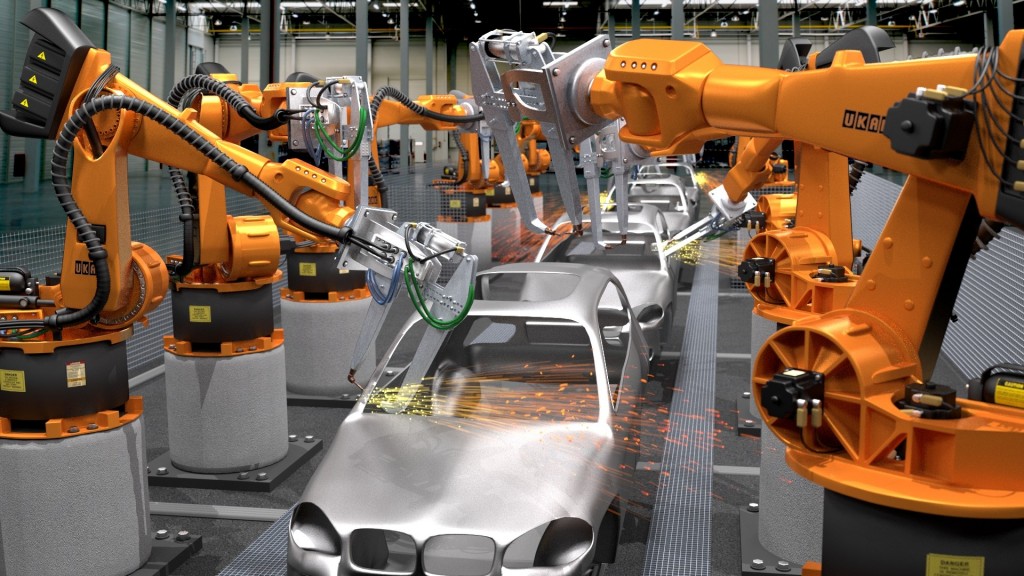

The ongoing global silicon chip shortage has resulted in US car maker General Motors extending its production cuts at three North American factories.
Reuters reported that GM will extend its production cut until at least mid-March, while vehicles at two other factories would only be partially built.
Shares in GM fell 1.6 percent after the announcement, but the US car maker did not disclose the impact volumes, nor did it indicate which supplier and vehicle parts were affected by the chip shortage.
That said, GM did reportedly say it would focus on keeping production running at plants building its highest-profit vehicles, namely its full-size pickup trucks and SUVs.
GM also said it intended to make up as much lost production as possible once the shortage chip eased.
“Semiconductor supply remains an issue that is facing the entire industry,” GM spokesman David Barnas was quoted by Reuters as saying. “GM’s plan is to leverage every available semiconductor to build and ship our most popular and in-demand products.”
The three GM factories that are extending their production cuts are the GM factory in Fairfax, Kansas; its Canadian factory in Ingersoll, Ontario; and its Mexican facility in San Luis Potosi.
In addition, GM will reportedly build but leave incomplete for final assembly vehicles at Wentzville, Missouri, and its Mexican plant at Ramos Arizpe.
GM also said this week that would halve production at a plant in South Korea.
But GM is not the only car maker cutting back factory production due to the global silicon shortage, despite robust demand in the car market.
Last week Mazda warned it would cut its global output by 7,000 of vehicles in February and March.
Last month it was reported that Audi (part of the Volkswagen group) was having to slow production because of the computer-chip shortage, forcing it to make 10,000 fewer cars in the first quarter of the year and putting more than 10,000 workers on furlough.
The previous week to that Volkswagen had also slowed production due to a lack of chips; and Daimler (which makes Mercedes), Fiat, Honda, Ford, Nissan, Subaru and Toyota also all reportedly had to suspend production for days or weeks at a time.
Samsung also recently warned that a global shortage in semiconductors for cars could have a knock-on effect on the memory chips used in smartphones.
And this silicon shortage has fast become a political issue as well, especially for Taiwan, which is home to the world’s largest contract chip maker, Taiwan Semiconductor Manufacturing Co Ltd (TSMC).
Taiwan’s Economy Minister Wang Mei-hua met with executives of major Taiwanese chipmakers last month, after Germany’s Economy Minister Peter Altmaier wrote to Wang to ask her for help in addressing the shortage.
Wang reportedly also said the United States, European Union and Japan had also been in contact.
And the silicon shortage issue was also addressed during Taiwan’s most senior meeting with US President Joe Biden’s administration, namely with US Deputy Assistant Secretary for Trade Policy and Negotiations Matt Murray.
Elon Musk sells social media platform X to his AI start-up xAI in a move…
TikTok opens e-commerce shopping in Germany, France, Italy as US future remains uncertain over divest-or-ban…
Discover expert insights on overcoming digital transformation challenges. Learn how to manage change, balance innovation,…
Microsoft drops data centre projects amounting to 2 gigawatts of power consumption as investors question…
SMIC sees revenues rise 27 percent for 2024, but profits fall nearly 50 percent amidst…
Google reassures developers Android to remain open source as it brings development entirely in-house, reduces…